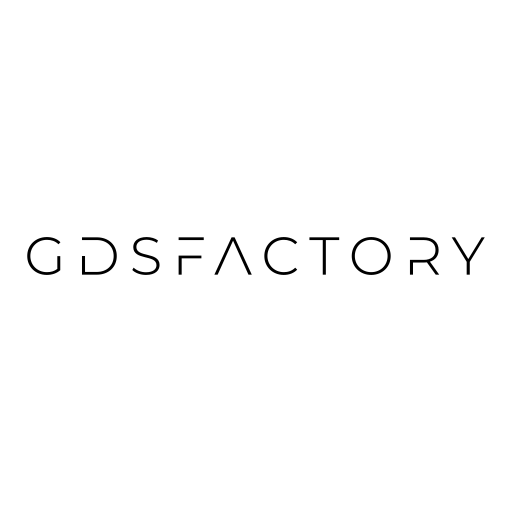gdsfactory.cross_section.Transition#
- class gdsfactory.cross_section.Transition(*, cross_section1, cross_section2, width_type='sine', offset_type='sine')[source]#
Waveguide information to extrude a path between two CrossSection.
cladding_layers follow path shape
- Parameters:
cross_section1 (CrossSectionSpec) – input cross_section.
cross_section2 (CrossSectionSpec) – output cross_section.
width_type (Literal['sine', 'linear', 'parabolic'] | ~collections.abc.Callable[[float, float, float], float]) – ‘sine’, ‘linear’, ‘parabolic’ or Callable. Sets the type of width transition used if widths are different between the two input CrossSections.
offset_type (Literal['sine', 'linear', 'parabolic'] | ~collections.abc.Callable[[float, float, float], float]) – ‘sine’, ‘linear’, ‘parabolic’ or Callable. Sets the type of offset transition used if offsets are different between the two input CrossSections.
- __init__(**data)#
Create a new model by parsing and validating input data from keyword arguments.
Raises [ValidationError][pydantic_core.ValidationError] if the input data cannot be validated to form a valid model.
self is explicitly positional-only to allow self as a field name.
- Parameters:
data (Any)
- Return type:
None
Methods
__init__(**data)Create a new model by parsing and validating input data from keyword arguments.
construct([_fields_set])copy(*[, include, exclude, update, deep])Returns a copy of the model.
dict(*[, include, exclude, by_alias, ...])from_orm(obj)json(*[, include, exclude, by_alias, ...])model_construct([_fields_set])Creates a new instance of the Model class with validated data.
model_copy(*[, update, deep])!!! abstract "Usage Documentation"
model_dump(*[, mode, include, exclude, ...])!!! abstract "Usage Documentation"
model_dump_json(*[, indent, ensure_ascii, ...])!!! abstract "Usage Documentation"
model_json_schema([by_alias, ref_template, ...])Generates a JSON schema for a model class.
model_parametrized_name(params)Compute the class name for parametrizations of generic classes.
model_post_init(context, /)Override this method to perform additional initialization after __init__ and model_construct.
model_rebuild(*[, force, raise_errors, ...])Try to rebuild the pydantic-core schema for the model.
model_validate(obj, *[, strict, extra, ...])Validate a pydantic model instance.
model_validate_json(json_data, *[, strict, ...])!!! abstract "Usage Documentation"
model_validate_strings(obj, *[, strict, ...])Validate the given object with string data against the Pydantic model.
parse_file(path, *[, content_type, ...])parse_obj(obj)parse_raw(b, *[, content_type, encoding, ...])schema([by_alias, ref_template])schema_json(*[, by_alias, ref_template])serialize_width(width_type)update_forward_refs(**localns)validate(value)Attributes
model_computed_fieldsmodel_configConfiguration for the model, should be a dictionary conforming to [ConfigDict][pydantic.config.ConfigDict].
model_extraGet extra fields set during validation.
model_fieldsmodel_fields_setReturns the set of fields that have been explicitly set on this model instance.
cross_section1cross_section2width_typeoffset_type
